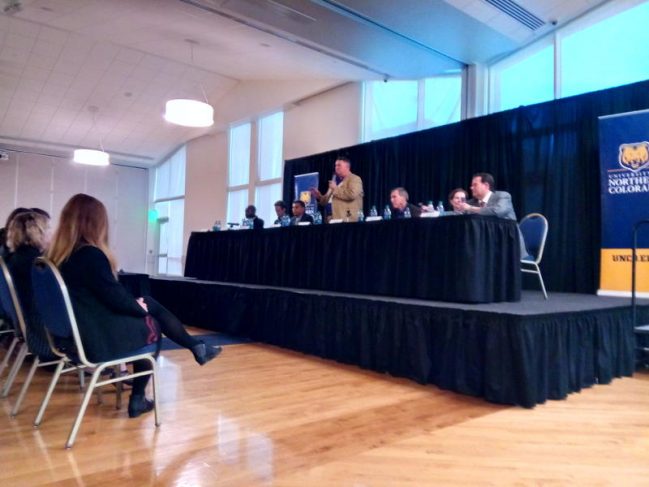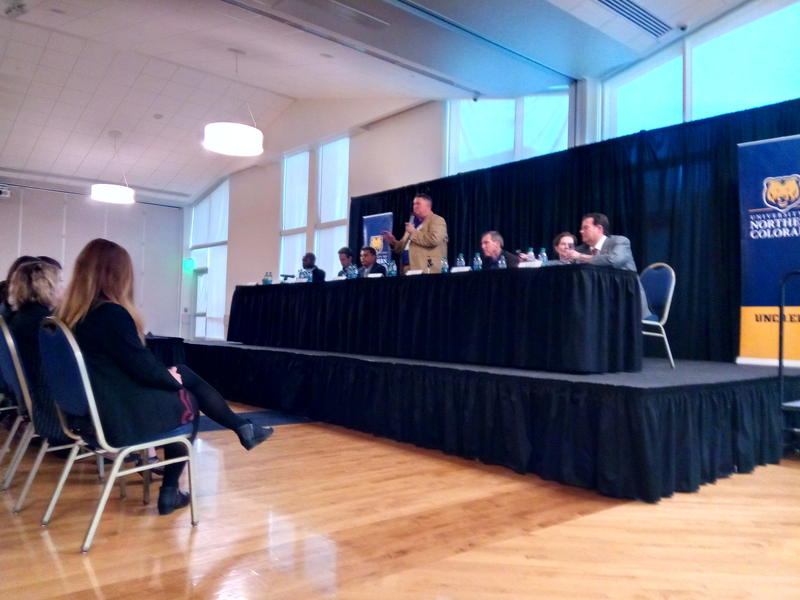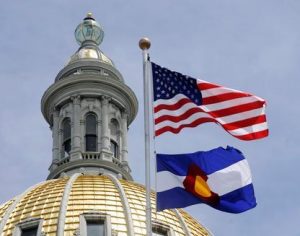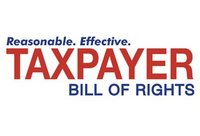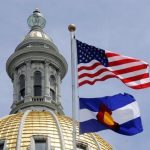Join the TABOR offensive!
- April 12, 2018
 The Taxpayer’s Bill of Rights is universally despised, neigh, deplored by every tax-happy progressive around the country. Ever wonder why it’s like sunlight to a vampire to them, and why they’ve weakened it in court-ruling after court-ruling for 25 years? Then please join us on Monday, April 23, in Colorado Springs for our first stop on the TABOR Road Show 2018.
The Taxpayer’s Bill of Rights is universally despised, neigh, deplored by every tax-happy progressive around the country. Ever wonder why it’s like sunlight to a vampire to them, and why they’ve weakened it in court-ruling after court-ruling for 25 years? Then please join us on Monday, April 23, in Colorado Springs for our first stop on the TABOR Road Show 2018.
There’s a growing coalition of national, state, and local TABOR supporters that won’t tolerate any more attacks on or weakening of the greatest gift Colorado voters ever gave themselves or future generations – the Taxpayer’s Bill of Rights and the right to vote on increases in taxes and debt. We are crisscrossing the state to let people know about the TABOR Yes coalition, some two dozen strong and growing, and why Coloradans should fall in love with TABOR again.
For additional information on TABOR and our coalition, visit our Web site TABORYes.com.
Monday, April 23rd
5:30-7 PM
Local Host: SpringsTaxpayers.com
Emcee: Jeff Crank, The Jeff Crank Show
Moderator: Amy Oliver Cooke, Independence Institute
Panelists:
Michael Fields, Americans for Prosperity Foundation
Jon Caldara, Independence Institute
Hadley Heath Manning, Independent Women’s Forum (invited)
Supported by the
TABOR YES COALITION
Americans for Prosperity- Colorado
Americans for Tax Reform
America’s House of Commons
Americhicks
Approval Voting
Arapahoe Tea Party
CATO Institute
Centennial Institute
Center for Freedom Prosperity
Coalition to Reduce Spending
Colorado Issues Coalition
Colorado Log Cabin Republicans
Colorado Union of Taxpayers
Independence Institute
Independent Women’s Forum
Mountain States Legal Foundation
National Asian Indian Republican Association
Reagan Republicans
Republican Liberty Caucus Colorado
SpringsTaxpayers.com
Taxpayers Chamber of Commerce
Taxpayers Protection Alliance
The Hudson Firm
The Steamboat Institute
Wake Up with Randy Corporon (710 KNUS)
Kelsey M. Alexander
Barbara Piper
Dennis Polhill
Geri Zahner


